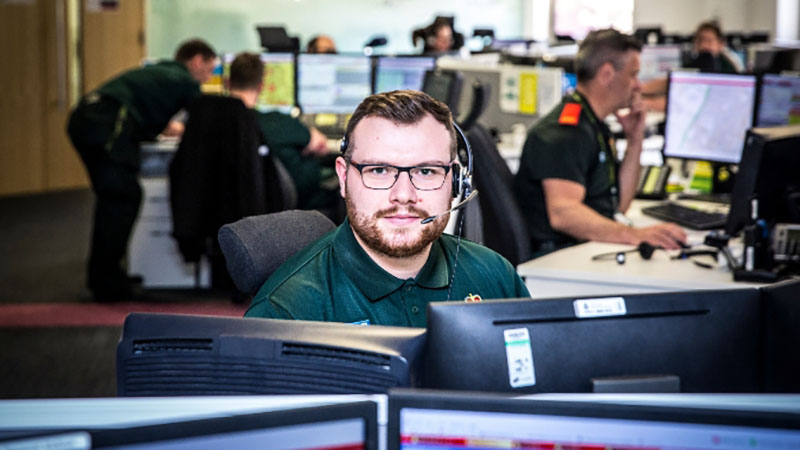
Life-threatening emergencies
Always call 999 in a medical emergency – when someone is seriously ill or injured and their life is at risk.
Examples of genuine emergencies include:
- cardiac arrest
- loss of consciousness
- confused state
- fits that aren’t stopping
- chest pain
- breathing difficulties
- severe bleeding
- severe allergic reactions
- burns and scalds
- suspected stroke
- suspected heart attack
- fall from height
- serious head injury
- stabbing
- shooting
- serious road traffic incidents
Get information on these conditions and other health concerns from the NHS.
Do not call 999 to check where the ambulance is as we will not provide this information. Only call back if the patient’s condition has worsened.
Non-life-threatening emergencies
If it’s not a life-threatening emergency and you or the person you’re with doesn’t need immediate medical attention, please consider other options before dialling 999.
For example:
- self care at home
- visiting 111.nhs.uk
- calling NHS 111
- talking to a pharmacist
- visiting or calling your GP
- going to your local NHS walk-in centre
- going to your local urgent care centre or your local minor injuries unit
- making your own way to your local A&E department (arriving in an ambulance doesn’t mean you’ll be seen any quicker)
Choosing the best service for your needs will ensure the ambulance service is able to respond to the people who need help the most.